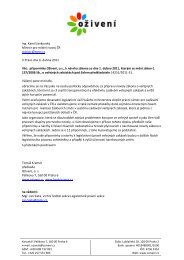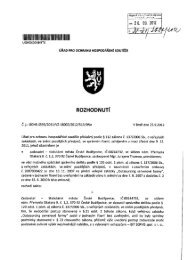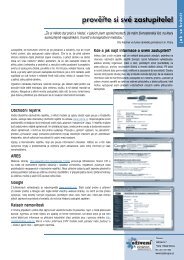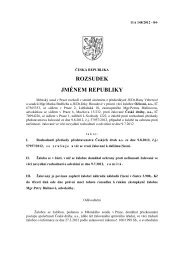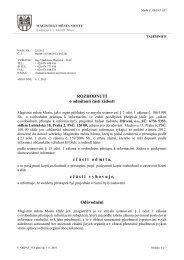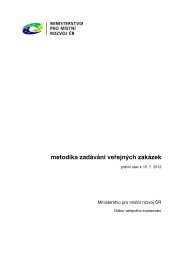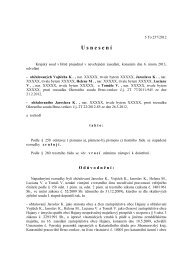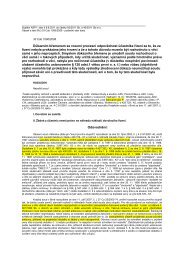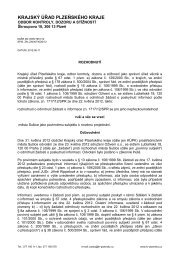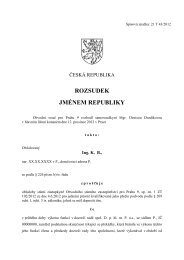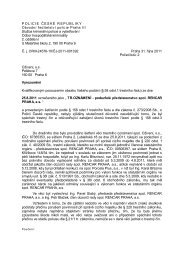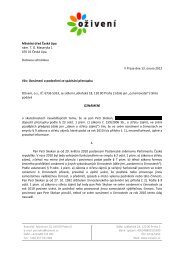Managing Conflict of Interest - Organisation for Economic Co ...
Managing Conflict of Interest - Organisation for Economic Co ...
Managing Conflict of Interest - Organisation for Economic Co ...
Create successful ePaper yourself
Turn your PDF publications into a flip-book with our unique Google optimized e-Paper software.
18 <strong>Managing</strong> <strong><strong>Co</strong>nflict</strong> <strong>of</strong> <strong>Interest</strong>••••there are strong civic values, emphasizing trust and loyaltyto the relevant political entity and to the agency <strong>for</strong> whichthe politician or <strong>of</strong>ficial is working;the cultural environment is supportive—<strong>for</strong> example, withreference to how the individual is expected to behave inrelation to his family and wider groupings, or how materialisticthe society is;there is pride in pr<strong>of</strong>icient per<strong>for</strong>mance at work;the rules and controls over which political leaders and <strong>of</strong>ficialshave discretion can be kept to a minimum;the country’s recent governance record is relatively good(what political scientists call “path dependence”).•If a country is embroiled in serious internal or external conflict,or if there is dramatic political or economic trans<strong>for</strong>mation in progress,the difficulties are likely to be much greater.Societies need to guard against not just the actuality <strong>of</strong> conflict<strong>of</strong> interest intruding into <strong>of</strong>ficial decision-making but also theperception that it may be doing so. For example, a political leaderor <strong>of</strong>ficial may be entirely “altruistic” in the way he behaves, but ifhe happens to have a financial interest in an issue with which he isdealing, the public may perceive that he is acting in self-interest. Sothere need to be mechanisms in place to avoid any such perception—e.g.,making a declaration <strong>of</strong> personal assets upon assuming<strong>of</strong>fice, establishing “blind trusts” that are managed by an independenttrustee, and “declaring an interest” and asking another ministeror <strong>of</strong>ficial to provide advice or make the decision when there isa clear conflict <strong>of</strong> interest.The analytical framework outlined above breaks down wherethe goals and rules <strong>of</strong> the government or agency lack clarity, areunworkable, or are conflicting. In this case, it is difficult <strong>for</strong> the <strong>of</strong>ficialto know exactly what his public duties are. He is likely to beserving the public interest best if he interprets them to the best <strong>of</strong>his ability so as to produce the best outcome <strong>for</strong> the public. However,in a situation where it is routine <strong>for</strong> the <strong>of</strong>ficial to “bend therules,” it all too easily becomes routine <strong>for</strong> him to exact bribes orgifts <strong>for</strong> doing so. The <strong>of</strong>ficial has secured a personal financial gain,but the public interest may also have been served. This situationarises particularly in command economies when they are in transitionto a market economy.ADB/OECD Anti-<strong>Co</strong>rruption Initiative <strong>for</strong> Asia and the Pacific



